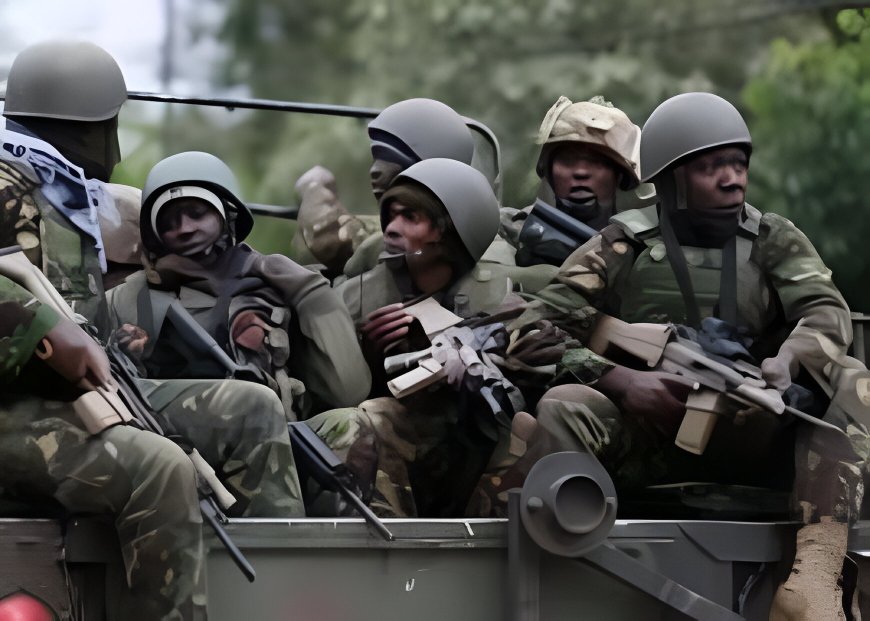Government Intensifies "Operation Halt" On Galamsey With Military Deployment

In a bid to curb the escalating environmental problem caused by illegal mining which is popularly referred to as galamsey, the Ghanaian government has deployed over 100 armed military personnel to various water bodies across the country.
This action follows the growing pressure from civil society organizations advocating for stricter measures to address the detrimental effects of galamsey on the nation's water resources, farmlands, and forests.
Responding to these complaints, President Nana Addo Dankwa Akufo-Addo asked the Minister for Defense to firm up "Operation Halt," an ongoing operation meant to eradicate illegal mining activities. The deployment of more military forces is part of a broader government strategy to increase the tempo of the crackdown on galamsey, one of Ghana's most intractable recent environmental problems.
Specific locations for the operation have not been made public, but reports indicate that the focus will fall in particular on the Eastern Region identified as a hub for illegal mining. The Birim River, among other water bodies in the area, has been grossly polluted by galamsey operators.
Similarly, naval boats will be deployed in the polluted river bodies to enforce a total ban on mining activities, whether licensed or unlicensed. This is to prevent further contamination of Ghana's rivers with the toxic chemicals, which include highly toxic mercury and cyanide, used in the illegal mining of gold.
This decision is, therefore, a direct action on the part of the government in response to calls by environmental groups, and citizens to take immediate action to salvage what is left of Ghana's degrading environment because these operations have degraded the environment and posed serious health risks to the local people who depend on the polluted water bodies for drinking and agriculture. This military deployment is expected to restore upstream parts of some of the most impacted rivers in Ghana, including the Ankobra, Pra, and Birim Rivers.







